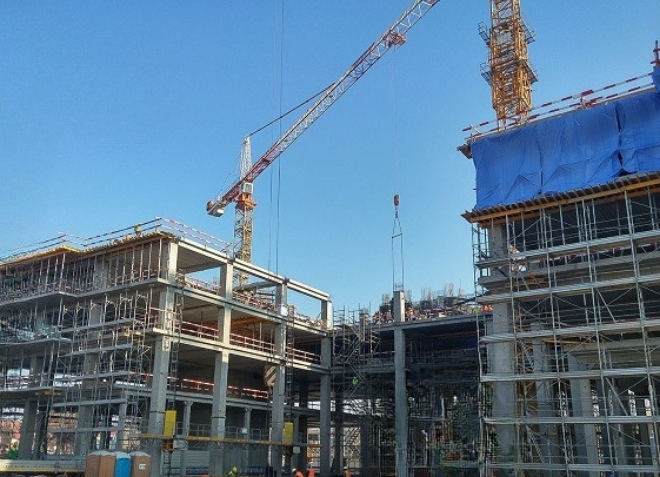Among different sectors / residential, retail, hotels, medical, industrial, energy, or agri-business - Geografically, Bucharest and the metropolitan area dominated the market, generating 80% of the transaction volume, with 70% of all deals amassed in the residential sector.
As Sînziana Oprea, Director of Land Agency at Colliers Romania reveals, in the capital and other large regional cities, administrative blockages significantly delayed transactions, together with difficulty in obtaining building permits these are main factors slowing down the market development.
A growing interest for locations near Bucharest and for lands with building permits or urban zoning plans (PUZ) was observed, as it might help avoiding urban planning blockages.
Demand for residential land increased outside of the capital city, namely in Timișoara, Brașov, and Constanța, where mixed-use projects are also planned. Retail focused on commercial parks and strategic expansions, while many large plots of land outside cities, previously targeted for residential use, attracted investors from renewable energy, logistics, and agri-business due to more affordable prices.
Colliers experts also point that Romania's long-term development potential will attract new international investors, while domestic investors will remain very active and continue to secure strategic assets.








